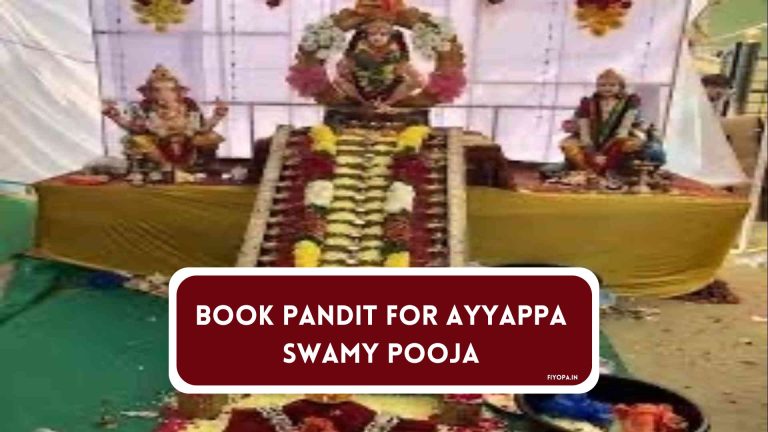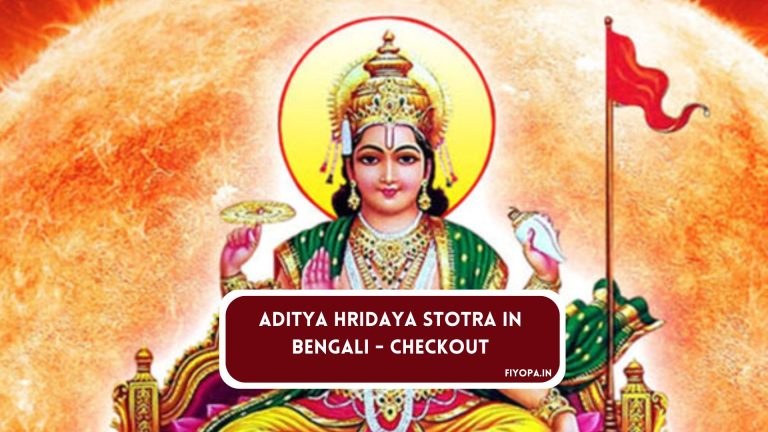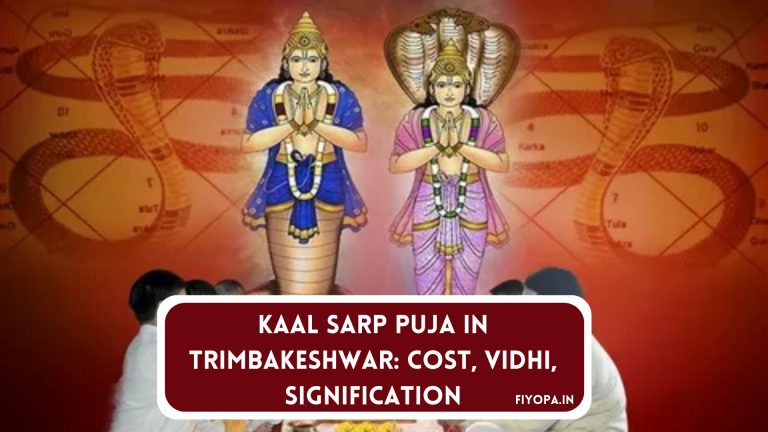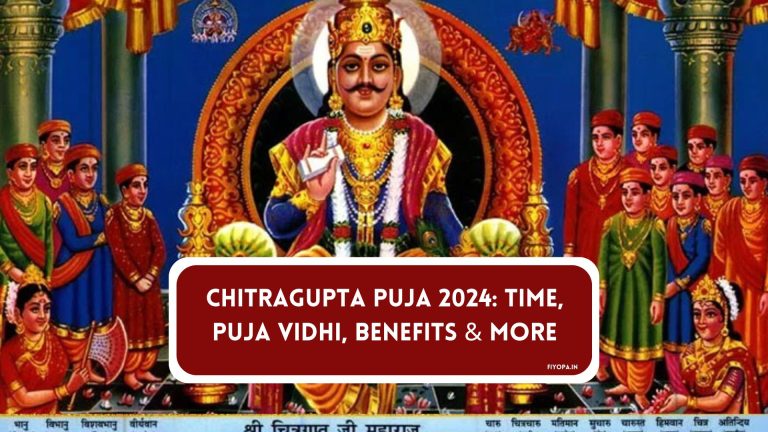How To Do Daily Puja at Home: Know The Process

How To Do Daily Puja at Home! Puja means worship or respect for the Divine. Many Vedic texts, like the Vedas, Upanishads, Ramayana, and Mahabharata, highlight the importance of doing daily puja at home. There are different types of pujas, from simple to very complex. Some pujas, like Rudra Abhishek, Satyanarayan Puja, Diwali Puja, and Vastu Puja, are done on specific days or events a few times a year. Many people perform a small daily puja before leaving home to seek blessings, promote a good lifestyle, and invite positivity. Devotees usually offer pujas to their favorite deity or Ishta Devta, or to a specific deity for a particular purpose.
How To Do Daily Puja at Home?
Based on the Bible compatible to the scriptures, mornings are the desirable time to perform every day Puja. When the sun rises, the air remains calm and focused so it is a great moment to do spiritual exercises. The daily puja includes rituals such as Mantra Japa, chanting Shlokas and fire ceremonies. The practices generate positive energy and bring blessings. Each day is dedicated a specific God or goddess, and performing Puja for any god or goddess is considered to be giving the supreme consciousness (Brahman).
Follow the steps following to conduct the daily rituals of puja:
Steps To Do Daily Puja at Home:
- Take a bath, wear clean clothes, and sit quietly in front of the deity’s idol or image.
- Focus and pray while thinking about the deity.
- Invite the deity to the altar and chant the mantra while offering flowers.
- Sip water from your right palm and make a vow for the rituals.
- Bathe the deity’s symbolic form with water and items like milk, honey, and sandalwood while chanting mantras.
- Dress the deity in sacred clothes, apply tilak, and decorate with flowers while chanting the deity’s name and mantra.
- Light incense and worship the deity with it, spreading the smoke around the altar.
- Wave a lamp in a clockwise direction while chanting the mantra.
- Offer food to the deity, followed by betel leaves, nuts, and money.
- After the basic puja, chant mantras, shlokas, or praises of the deity.
- You can also read the deity’s story or legend.
- Walk around the altar, ask for forgiveness for any mistakes, and say goodbye to the deity while chanting.
- Share and eat the food offered to the deity as Prasad.
Daily Puja Steps:
- Deepa Puja: Worship the lamp.
- Ghanta Puja: Worship the bell.
- Shankha Puja: Worship the conch.
- Kalasha Puja: Invoke the holy waters in the Kalasha.
- Sankalpa: Decide to perform the puja.
- Vigneshwara Puja: Worship Lord Ganesha.
- Atma Puja: Meditate on yourself as the Atma.
- Peetha Puja: Worship the deity’s seat.
- Guru Dhyanam: Meditate on your Guru.
- Dhyanam: Meditate on the deity.
- Avahanam: Invoke the deity.
- Pranapratishtha: Infuse life into the deity.
- Asanam: Offer a seat to the deity.
- Padyam: Offer water for washing the deity’s feet.
- Arghyam: Offer water for washing the deity’s hands.
- Achamaniyam: Offer water for sipping.
- Madhuparkam: Offer a mixture of honey, curd, and ghee.
- Snaniyam: Offer water for bathing.
- Payah Snaanam: Bathe with milk.
- Dadhi Snaanam: Bathe with curd.
- Ghrta Snaanam: Bathe with ghee.
- Madhu Snaanam: Bathe with honey.
- Sharkara Snaanam: Bathe with sugarcane juice.
- Panchamrita Snaanam: Bathe with a mixture of the above five ingredients.
- Shuddhodaka Snaanam: Bathe in holy river water.
- Vastram: Offer garments to the deity.
- Upaveetam: Offer a sacred thread.
- Abharanam: Decorate the deity with ornaments.
- Gandham: Offer fragrant substances.
- Chandanam: Offer sandalwood paste.
- Pushpam: Offer flowers.
- Dhoopam: Light incense sticks.
- Deepam: Light an oil lamp.
- Naivedyam: Offer food.
- Tambulam: Offer betel leaves and nuts.
- Neerajanam: Wave camphor light.
- Pushpanjali: Offer flowers.
- Pradakshina: Walk around the deity.
- Pranama: Bow to the deity.
- Stuti: Praise the deity with hymns.
- Kshamaprarthana: Ask for forgiveness for any mistakes in the puja.
Most Popular Daily Mantras For Mantra Japa
Monday – Worship Lord Shiva with the chant Om Namah Shivaya.
Tuesday – Honor Lord Hanuman by saying Shree Hanumante Namah.
Wednesday – Pay respect to Lord Ganesha with Om Gan Ganapataye Namaha.
Thursday – Praise Lord Vishnu using Om Namo Bhagavate Vaasudevaay.
Friday – Celebrate Goddess Durga with Om Sri Durgaya Namah.
Saturday – Acknowledge Lord Shani by chanting Om Shan Shanicharaya Namah.
Sunday – Reverence for Lord Surya Dev is shown with Om Shree Suryaya Namaha.
Conclusion:
The practice of daily pujas is a fundamental element of the spiritual life which fosters deep connections to the Divine. It’s a powerful method to receive the blessings of God, boost your positivity, and ensure a healthy way of life. Through simple actions and routines daily, believers can establish a sacred space within their home, and attract the divine energies to their lives. Each day spent in devotion to a god is beneficial for spiritual development and promotes peace, harmony, and blessings from God.
Related read:- Ganesh Visarjan 2024: Date, Time, Rituals & More







